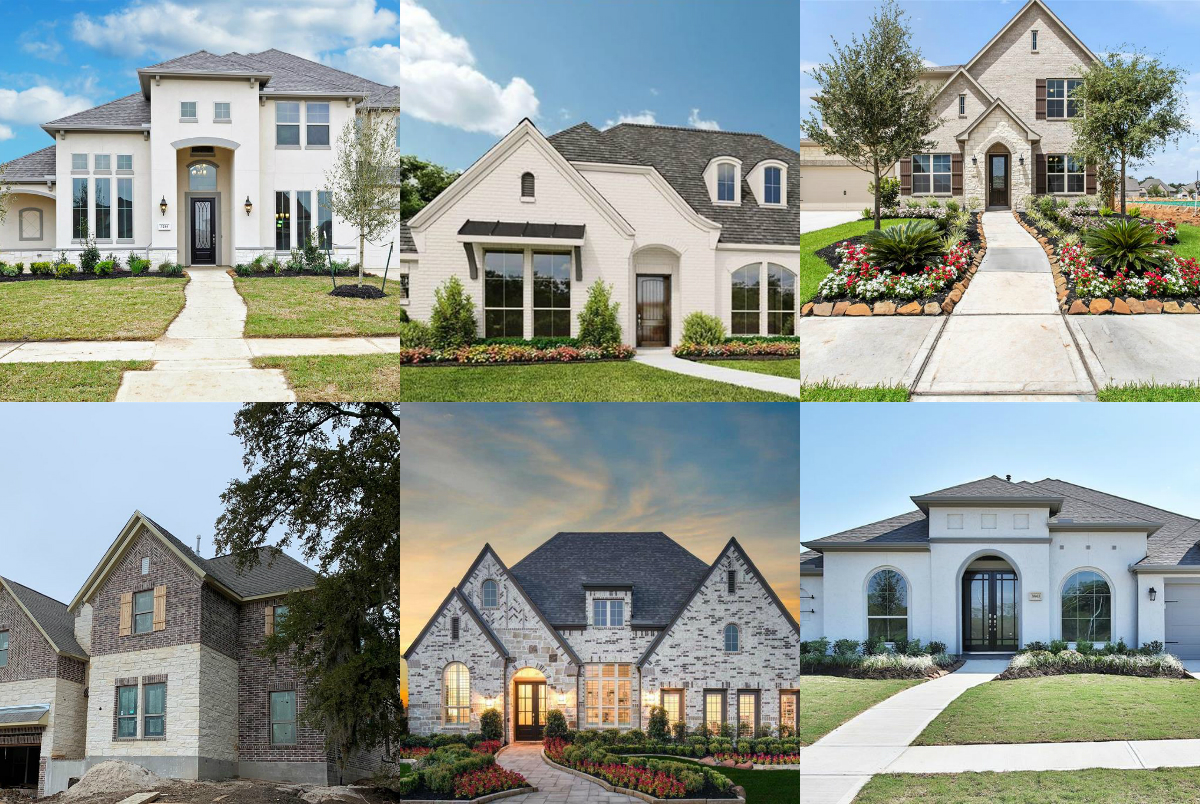Getting ready to sell your old home for a new one? It’s no secret that home improvements can raise...
Determining the Resale Value of a Home

The Houston housing market has experienced positive trends in the past few years, especially when it comes to a return on investment. When buying a new home, it is important to look ahead and expect a good resale value on your purchase.
According to Trulia.com, these are the things to consider:
Location, location … you know the rest
Proximity to a busy highway, proximity to a large vacant lot, proximity to not very much at all … poor home placement almost always guarantees a stagnation of value. This is why two identical homes in the same neighborhood can have wildly different listing numbers if one is on a cul-de-sac and the other backs up to a four-way road. Conversely, if you’ve sat on a property that has seen infrastructure spring up all around it in recent years, you’re likely to witness a pleasant jump in perceived market value, especially if the specs of your home appeal to younger professionals looking for walkability.
Stuck in that difficult in-between age
Character-filled old properties are always in demand (ah, historic charm), as are new-construction homes (zero renovations needed). But a house that is 30 or 40 years old holds a lot less sway over discerning shoppers, especially if its layout is odd or dated.
Outdated renovations
Does your kitchen celebrate the early 2000s trends, with dark wood cabinets and wall-to-wall carpet? Is your master bath a paean to the wonders of glass-brick walls and sponge paint? Renovations that were in vogue when you bought your home might now cause a buyer to come in and turn up their nose. This is not to say, however, that a major renovation is the best way to increase your net return. “In this market, I almost always advise sellers to improve their property rather than fully renovate and then price accordingly,” says real estate agent Nicholas Palance. “Fresh paint and flowers spruce up the place for pennies on the dollar.”
Renovations that suit your tastes only
Maybe you put in your dream kitchen a few years ago, indulging your penchant for frosted glass cabinets and an avocado-green refrigerator. The problem in executing your singular vision? You risk finding out no one else shares your taste. “Most buyers want to put their own stamp on their new home rather than pay a premium for your renovation,” says Palance. If buyers can’t see past your personal sense of style, your home could sit on the market for months — or worse.
Negative history
Was your home once flooded during a storm and suffered mold as a result? Was your street or neighborhood once associated with high crime rates, even if that information is now outdated? Did a fire ever occur on or near the property? Did a crime ever occur? It is near impossible to scrub the public record of your home’s history; if your house has a storied history, then savvy potential buyers will know about it — and they may not be eager to inherit that mojo.
Too small … or too big
One of the first stats potential buyers look for on a real estate site is the square footage. Most buyers are looking to upgrade, so your 500-square-footer might have limited appeal. Conversely, the bloom has fallen off the McMansion rose. The recession of 2008 taught us that oversized properties are not always an asset, and that a large house can become a burden if the market isn’t strong enough to support it. Many buyers now are more pragmatic about how much space they really need to be comfortable.
Bedroom or bathroom shortages
The second set of stats scrutinized by buyers? Bed and bath counts. There’s no buyer out there who doesn’t dream of having a separate guest bedroom or getting a whole bathroom to themselves. Even the most coveted address won’t be helped by having only one bathroom or a low bedroom tally.
Out of step with neighboring houses
Is yours a single-family in a sea of townhomes? Is your condo in a modern building surrounded by historic structures? If your place lacks area comps, a bank is going to have a hard time properly assessing its resale possibilities and is likely going to underestimate your home’s worth come appraisal time. And that unfair assessment could give your buyer a reason to try to negotiate down the sale price.
No “wow” factor
“Some buildings have an intangible ‘it’ factor,” says Palance. It could be rare architectural finishes, proximity to a renowned landmark, or the fact that celebrities are known to live nearby. But if there’s nothing that really distinguishes your home — if there’s no “hook” to help make it stand out — it’s sometimes difficult to attract attention, especially during the busy spring market. Even if you take your property off the market for a reset, its listing history remains on the record and might drag down future pricing.
Thinking about moving to a beautiful suburb outside Houston? Contact us today, or view our listings.



